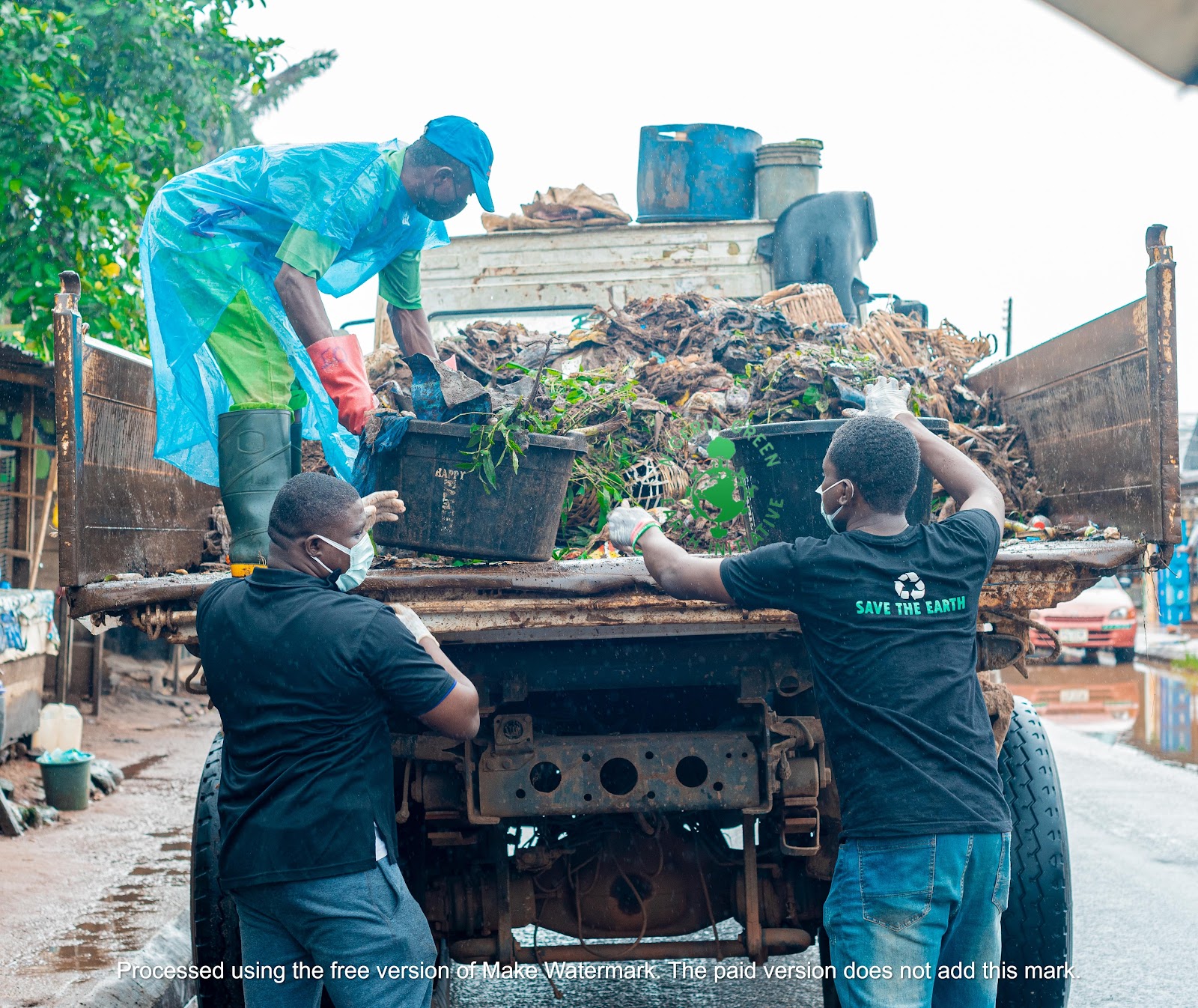Addressing the Waste Management Crisis in Edo State: A Call for Urgent Action
Introduction:
To
mark World Environment Day, the Nigeria Green Earth Initiative (NGEi), a
youth-led non-profit organization, recently conducted an environmental
sanitation and sensitization exercise in partnership with other NGOs and the
Edo State Waste Management Board. During this event, an alarming waste
management crisis was unveiled at Ulumuza Market, Useh branch, situated in Egor
Local Government, Edo State. This article sheds light on the grave health
hazards posed by the prevailing situation and calls for immediate solutions.
The State of Useh Market:
Engaging
stakeholders and market leaders, NGEi President Davies Ugowe discovered a
distressing reality. Useh Market, like many other markets in the state, was
plagued by heaps of waste that accumulated near its entrances and on the nearby
roads. The extent of this problem was shocking, with the situation even
reaching the community town hall, leaving no area untouched by this growing
crisis.
Unveiling the Root Causes:
Insights from the Palace:
Seeking
further understanding, NGEi representatives met with His Royal Highness, the
Enogie of Useh and Mr. Olomuza, a spokesperson of the Enogie of Useh on this
issue, at the palace. During the visit, Mr. Olomuza explained that due to the
absence of a local government chairman, the responsibility for waste management
had been neglected for several years. He detailed the current makeshift
approach adopted by the market community, involving burning the waste during
dry seasons and burying the residue in nearby locations. Unfortunately, the
previous waste burials had not decomposed, making this practice both
detrimental to health and unsafe for the market's residents, traders, and
buyers. To make matters worse, the community has had to bear the financial
burden of excavating and transporting the remaining waste to the permanent
dumpsite, expending significant amounts of their own money.
A Plea for Assistance:
Mr.
Raymond, the market chairman of Useh Market, who also attended the meeting and
revealed that the primary reason for the escalating waste problem was the
impassable condition of the roads especially during the rainy season, hindering
waste trucks from accessing the market for regular evacuation. He mentioned the
existence of a government committee responsible for waste management in the
market and assured us of adequate evacuation of the waste during the dry
season. But NGEi expressed dissatisfaction with the current annual waste
clearance arrangement, which is grossly inadequate for a public-owned facility.
Proposed Solutions:
The
market stakeholders propose a viable solution to this crisis. If they can reach
an agreement with the government to provide three to four waste trucks on a
monthly basis, the market community is willing to cover the cost of fueling
these trucks, ensuring regular waste evacuation from both the breakout market
and the main market. They urgently appeal to the relevant authorities,
including the Commissioner of Environment and Sustainability, the Commissioner
of Health, and the Director of Waste Management Board, to intervene and address
this pressing waste problem.
The
waste management crisis at Useh Market highlights a systemic issue affecting
the health and well-being of the community. Urgent action is required from the
government and relevant authorities to resolve this matter promptly. By collaborating
with market stakeholders and addressing the root causes, we can transform this
dire situation into an opportunity for sustainable waste management and a
healthier environment for all.








This is a clarion call, we need to do more and the government need to support such communities. kudos NGEI
ReplyDelete